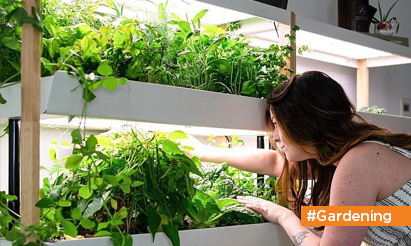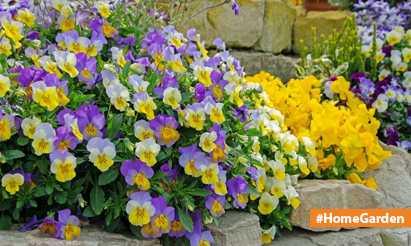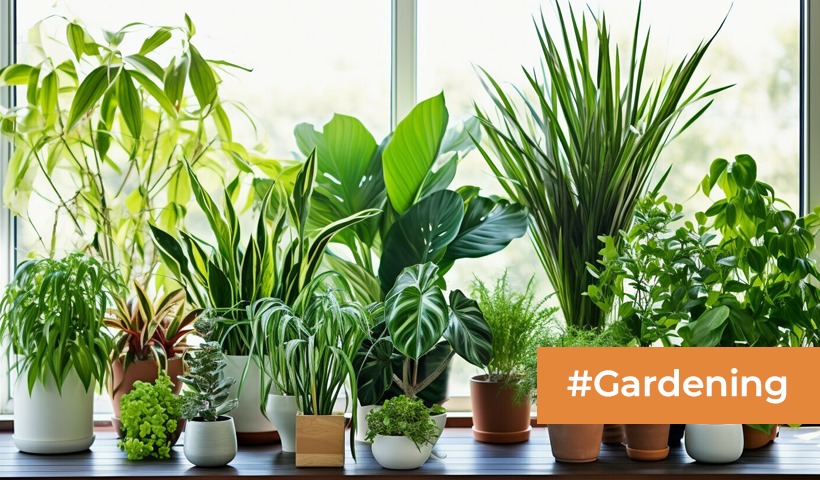Gardener’s Delight: Exploring Types of Mulching and Their Environmental Benefits!
Mulching is a gardening practice that involves covering the soil surface around plants with a layer of material. Mulches can be organic or inorganic, and they offer numerous benefits to the garden and landscape. Let’s explore the different types of mulching and their respective benefits:
1. Organic Mulches:
- Wood Chips and Bark: Wood chips and bark are popular organic mulches. They break down slowly, enriching the soil with organic matter and nutrients. They also help retain soil moisture and suppress weed growth.
- Straw and Hay: Straw and hay are lightweight mulches that are particularly useful for vegetable gardens. They prevent soil erosion, maintain soil moisture, and keep fruits and vegetables clean.
- Compost: Compost is a nutrient-rich organic mulch that improves soil structure, fertility, and moisture retention. It also supports beneficial microorganisms in the soil.
- Leaves: Shredded or composted leaves make excellent mulch. They add nutrients to the soil as they decompose and help regulate soil temperature.
- Grass Clippings: Fresh or dried grass clippings can be used as mulch. They return nutrients to the soil as they break down and act as a nitrogen-rich mulch for vegetable gardens.
Benefits of Organic Mulches:
- Soil enrichment and improved fertility.
- Retention of soil moisture, reducing the need for frequent watering.
- Weed suppression by blocking sunlight from reaching weed seeds.
- Temperature moderation, protecting plants from extreme heat or cold.
- Prevention of soil erosion and compaction.
- Encouragement of beneficial soil organisms.
2. Inorganic Mulches:
- Gravel and Pebbles: Gravel and pebbles are popular inorganic mulches for landscape areas. They provide a long-lasting, low-maintenance solution for weed control and soil erosion prevention.
- Plastic Mulch: Plastic mulch is often used in vegetable gardens to warm the soil, conserve moisture, and suppress weeds. It can be especially effective for early planting and extending the growing season.
- Rubber Mulch: Made from recycled tires, rubber mulch is a durable option for playgrounds and landscape areas. It doesn’t decompose and provides excellent weed control.
Benefits of Inorganic Mulches:
- Long-lasting and low maintenance.
- Effective weed control and soil erosion prevention.
- Plastic and rubber mulches can help warm the soil and extend the growing season.
3. Living Mulches:
- Cover Crops: Also known as green manure, cover crops are living mulches planted between growing seasons. They protect and nourish the soil, suppress weeds, and can be turned into the soil to add organic matter.
Benefits of Living Mulches:
- Soil enrichment through nitrogen fixation and organic matter addition.
- Weed suppression and soil erosion prevention.
- Living roots help improve soil structure.
In conclusion, mulching is a valuable gardening practice that offers a range of benefits. By choosing the right type of mulch for your specific needs, you can enhance soil health, conserve water, reduce weed growth, and create an overall healthier and more productive garden or landscape.
Disclaimer: The views expressed above are for informational purposes only based on industry reports and related news stories. PropertyPistol does not guarantee the accuracy, completeness, or reliability of the information and shall not be held responsible for any action taken based on the published information.



